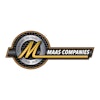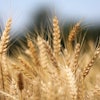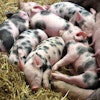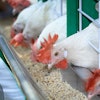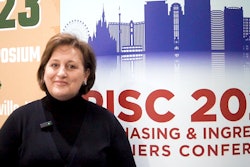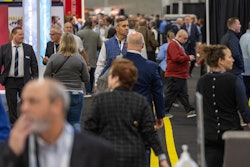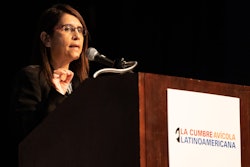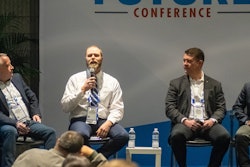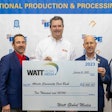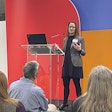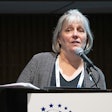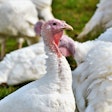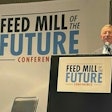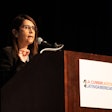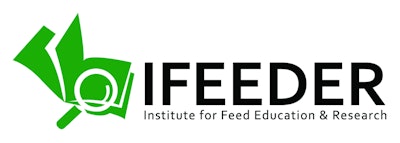
Just over a year ago, theInstitute for Feed Education and Research(IFEEDER) announced that it would start a project to create a Sustainability Road Map for the animal feed industry.
The goal of the roadmap was first to find out what the feed industry's definition of "sustainability" should mean and create actionable steps that companies in the animal feed industry could follow no matter where they were in the process of becoming more sustainable. Lara Moody, IFEEDER executive director, described it like this in apodcastlast year.
"The sustainability roadmap is the cornerstone for IFEEDER right now, relative to our sustainability efforts. So, there are certainly other things underway," explained Moody. "One of the things about feed in the sustainability space, especially within the food supply chain, is that feed flew under the radar for a long time."
At the Animal Agriculture Sustainability Summit hosted at the 2023 International Production and Processing Expo (IPPE), IFEEDER announced that it had met both those goals. IFEEDER has launched the Animal Food Industry Sustainability Toolkit, intended to drive continuous improvement in the entire feed value chain and defined that to IFEEDER sustainability would be defined as:
"Defined and managed by each individual organization to deliver measurable, continuous improvements on the impacts related to people, planet and governance that are most important to them and their stakeholders."
The Toolkit was developed alongside The Context Network, animal food industry members, and stakeholders. IFEEDER developed a toolkit that equips feed grain and oilseed processors, animal feed and pet food manufacturers, ingredient suppliers and equipment manufacturers with guidance and reference materials to support them in their sustainability journeys.
In an interview this month for theFeed & Grain podcast, Moody described what companies would find in the Toolkit.
"We've created some practical tools and resources that the industry can use, such as how do you conduct a materiality assessment? Or how do you build the business case for your organization in the sustainability space? Or, if you're further down the chain, some insights into message mapping because it's really important to understand how to convey your sustainability story to your downstream stakeholders. That Toolkit is going to be a collective that's going to be available on the IFEEDER website for AFIA members to download. And if you're not an AFIA member, there also be a way that you can obtain that."
For more information on IFEEDER and the organization's sustainability Toolkit, gohere.

.jpg?auto=format%2Ccompress&crop=faces&fit=crop&h=48&q=70&w=48)
